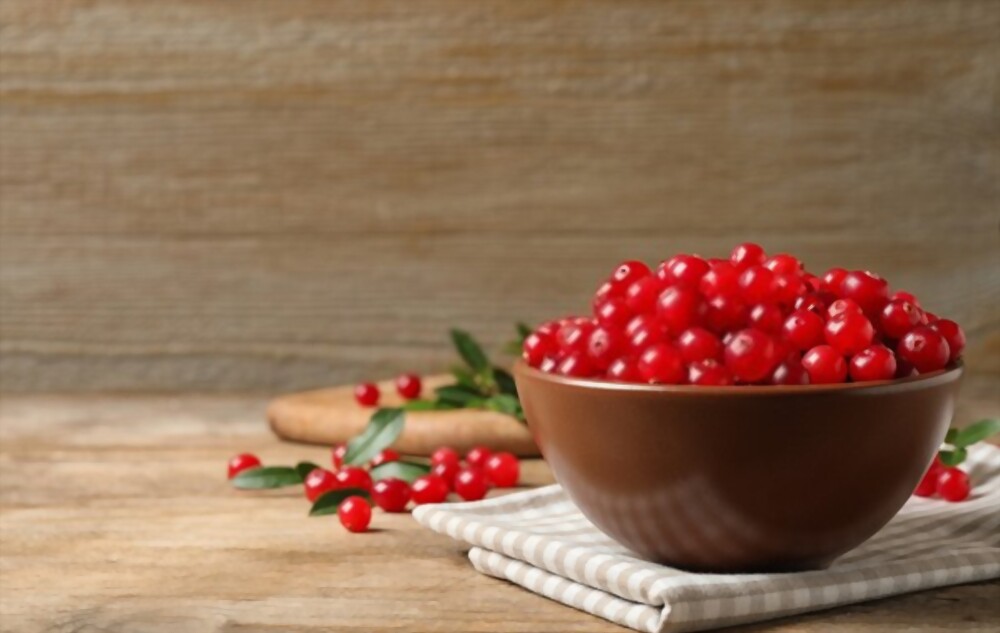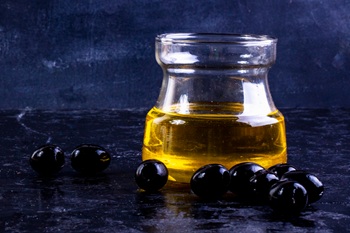6 Excellent Health Benefits of Cranberries
The popular super food is mainly native to North America. These days, they are cultivated across the United States, Chile, and Canada. Cranberries are brightly colored fruit with a tart or harsh taste. They are a great source of nutrients including antioxidants, and are usually available in juice form as it contains about 90% water. Here are some surprising benefits of cranberries and how to include them in your diet.
Manage urinary tract infections (UTIs)
Cranberries for ages have been used in the management of UTIs. The presence of PACs (proanthocyanidins) helps prevent the formation of bacteria in the urinary tract walls. Experts stress that cranberries doesn’t treat the infection once it is established, but regular consumption of cranberry in the form of juice reduces the number of bacteria present in the urinary tracts.
Also, if you constantly get urinary tract infection or struggle with it, adding cranberries to your diet can be a healthy and effective way to prevent and manage the infection (1).
Reduce cardiovascular disease risk
A review conducted in 2019 shows that supplementing cranberries in one’s diet may help reduce the risk for cardiovascular disease. Increasing evidence also suggests that polyphenols, including those in cranberries may help reduce the risk of cardiovascular disease (CVD) by lowering the low-density lipoprotein (LDL), preventing platelet aggregation, and reducing blood pressure.
Improve oral health
Cranberries keep the mouth healthy by controlling the harmful acids in your mouth. The flavonoids, proanthocyanidins that helps prevent bacterial formation in the tract walls urinary also help reduce the amount of bacteria sticking to the teeth. Therefore, prevents cavities, gum disease, tooth decay, and even oral cancer.
Improve gut health
Like the teeth, the digestive system produces many acids. Studies have shown that, if you consume a lot of meat, dairy, and sugar, cranberries can help put good bacteria in your digestive system. Consuming cranberries help reduce the bile acids in the gut which can sometimes lead to gastrointestinal cancer.
Reduce cancer risk
Although there are not enough studies to support proanthocyanidins present in cranberries may lower the chances of getting certain cancer. As a powerful antioxidant, researchers are beginning to study if and how the compounds possess anti-cancer properties.
Additional studies showed that the compounds in cranberries had numerous benefits on cancer cells in test tubes; such benefits include reducing inflammation, stimulating the death of cancer cells and slowing the growth of cancer cells.
Improve eye health
A study conducted by Chin Kun Wung and his team from Chung Shan Medical University in Taiwan has proved that cranberries may protect against age-related eye degeneration. Cranberries contain very rich polyphenols, flavonoids, and PCAs with chemical structures that are very different from other berries. These compounds act as a powerful antioxidant that represses oxidative stress and later macular damages.
How to include Cranberries to your Diet
Cranberries are available in dried, frozen, or canned form. Because of its tart flavor, some cranberry products may contain added sugars. However, it is crucial to check the label for the least added sugar before purchasing. To enjoy this fruit in your meal, here’s how to include them in your diet.
- Add a handful of cranberries in your smoothie
- Add dried cranberries to your cereal such as oatmeal
- Add fresh cranberries in dessert like pie
- Add dried cranberries to salad
- Top dried or fresh cranberries into cookies.
Safety precautions
The high amount of antioxidants in cranberries has shown to help with the above issues. Typically, the fruit is consumed in form of juice or added in diet. Still, you must be aware that excessive consumption of cranberry juice may be detrimental to your health and cause increased blood sugar. Additionally, individuals using blood-thinning drugs and with a history of kidney stones should speak with their doctor before taking cranberries.








Comments (0)